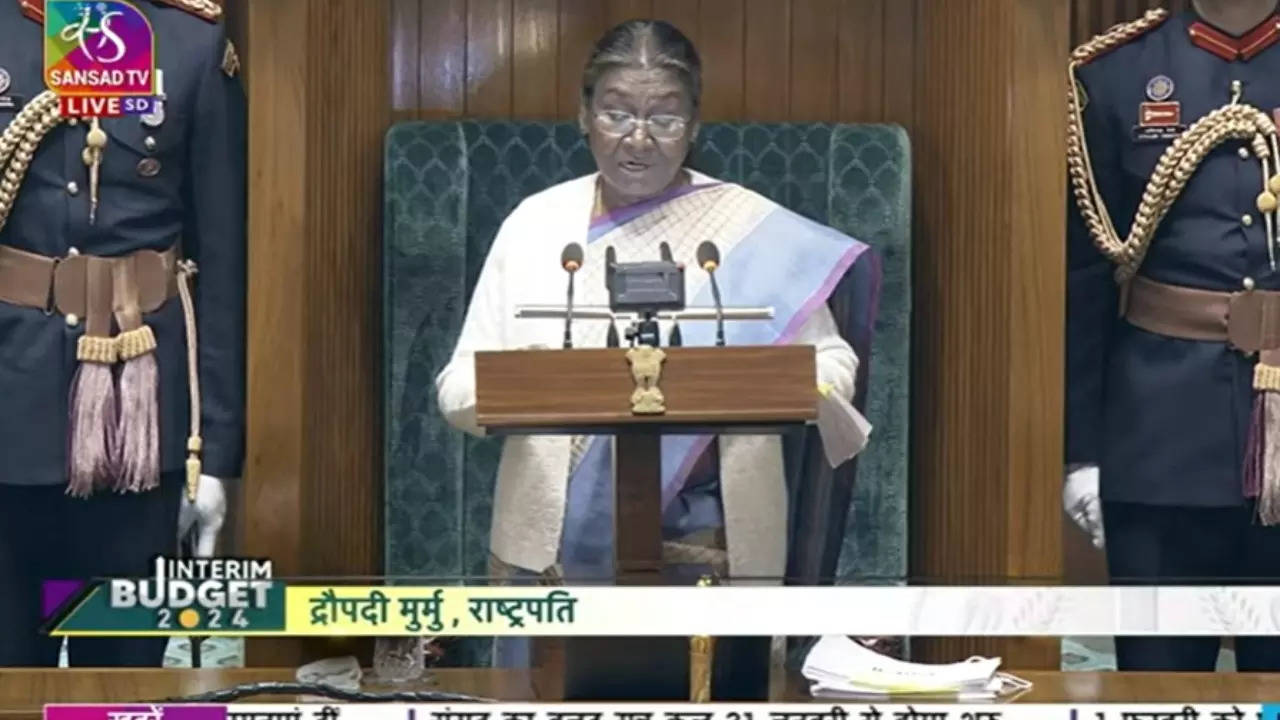NEW DELHI: In unusual move, Supreme Court Bar Association (SCBA) Chief Adish C Aggarwala urged President Droupadi Murmu to seek presidential reference of the apex court judgment in the electoral bonds scheme case and not to give effect to it unless the top court has reheard the matter.
Aggarwala, wrote a letter to the president, read, “Revealing the names of corporates that had contributed to different political parties would render the corporates vulnerable for victimization.”
“The possibility of them being singled out by those parties that had received less contribution from them, and harassed cannot be ruled out if the names of corporates and their quantum of contributions to various parties are revealed.This will be reneging on the promise given to them while accepting their voluntary contributions,” letter read.
Aggarwala, who is also the chairperson of All India Bar Association, said if the judgment is given effect to retrospectively by releasing all sensitive information, it will shatter “the reputation the nation enjoys in the international arena”.
He said that the disclosure would dry up further donations and such an act would discourage and dissuade foreign corporate entities from setting shop in India or participating in the democratic process.
This came as the SBI submitted the electoral bonds data to the Election Commission after the top court directed them to disclose the details. On Monday, the Supreme Court warned the country’s largest public sector bank that the court may proceed against it for “wilful disobedience” if it failed to comply with its directions and deadlines.
Article 143 of the Constitution confers advisory jurisdiction on the Supreme Court and empowers the President of India to consult the top court. If it appears to the president that a question of law or fact has arisen, or can arise in future which is of public importance and it is beneficial to obtain the opinion of the top court, the president may refer the question for its consideration.
The same five-judge constitution bench struck down the Center’s contentious electoral bonds program, which permitted anonymous political funding, declaring it “unconstitutional” in a historic decision rendered on February 15. The EC was also ordered to disclose the names of donors, the amounts they contributed, and the recipients by March 13.
The top court ordered the scheme’s closure and gave the authorized financial institution, SBI, until March 6 to provide the Election Commission with a list of all the electoral bonds that have been purchased from April 12, 2019.
Aggarwala, wrote a letter to the president, read, “Revealing the names of corporates that had contributed to different political parties would render the corporates vulnerable for victimization.”
“The possibility of them being singled out by those parties that had received less contribution from them, and harassed cannot be ruled out if the names of corporates and their quantum of contributions to various parties are revealed.This will be reneging on the promise given to them while accepting their voluntary contributions,” letter read.
Aggarwala, who is also the chairperson of All India Bar Association, said if the judgment is given effect to retrospectively by releasing all sensitive information, it will shatter “the reputation the nation enjoys in the international arena”.
He said that the disclosure would dry up further donations and such an act would discourage and dissuade foreign corporate entities from setting shop in India or participating in the democratic process.
This came as the SBI submitted the electoral bonds data to the Election Commission after the top court directed them to disclose the details. On Monday, the Supreme Court warned the country’s largest public sector bank that the court may proceed against it for “wilful disobedience” if it failed to comply with its directions and deadlines.
Article 143 of the Constitution confers advisory jurisdiction on the Supreme Court and empowers the President of India to consult the top court. If it appears to the president that a question of law or fact has arisen, or can arise in future which is of public importance and it is beneficial to obtain the opinion of the top court, the president may refer the question for its consideration.
The same five-judge constitution bench struck down the Center’s contentious electoral bonds program, which permitted anonymous political funding, declaring it “unconstitutional” in a historic decision rendered on February 15. The EC was also ordered to disclose the names of donors, the amounts they contributed, and the recipients by March 13.
The top court ordered the scheme’s closure and gave the authorized financial institution, SBI, until March 6 to provide the Election Commission with a list of all the electoral bonds that have been purchased from April 12, 2019.
